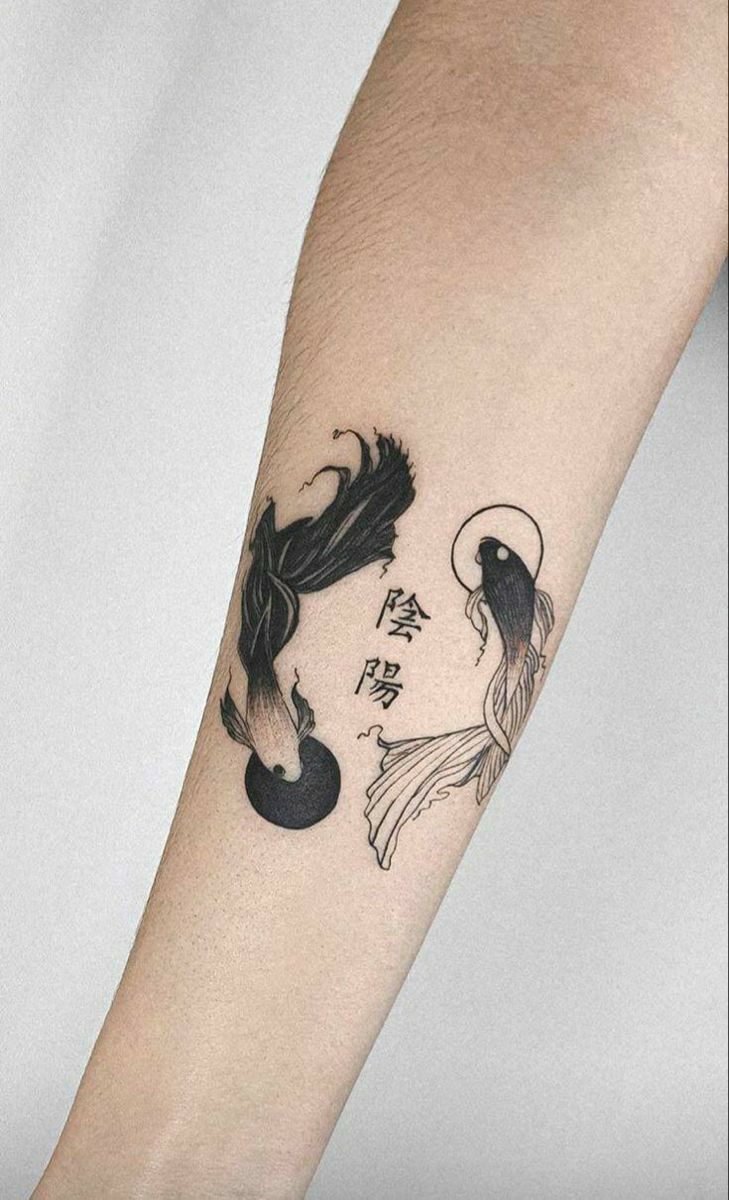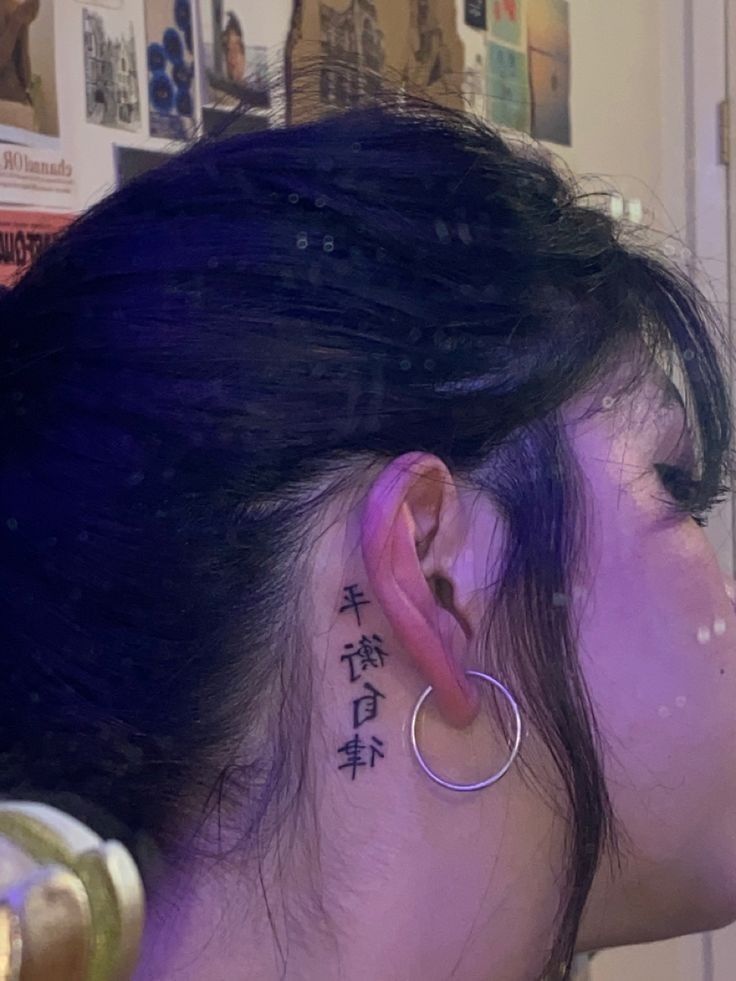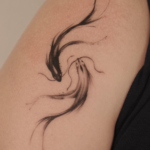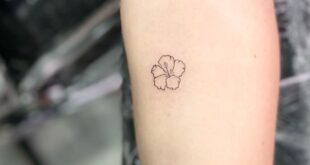Japanese tattoos have a long and rich history that dates back to ancient times. Known for their intricate designs and symbolic meanings, Japanese tattoos have become a popular choice for many people around the world.
The art of tattooing in Japan can be traced back to the Jomon period (10,000-300 BCE), where evidence of tattooed figurines and clay figurines with tribal tattoo designs have been discovered. However, it was during the Edo period (1603-1868) that tattooing became more prominent in Japanese society.
One of the most well-known styles of Japanese tattoos is irezumi, which translates to “inserting ink.” Irezumi is characterized by its colorful and detailed designs, often featuring mythical creatures such as dragons, phoenixes, and gods like Buddha and Hachiman. Each element in a traditional irezumi tattoo has a specific meaning, whether it represents protection, strength, or prosperity.
The process of getting a traditional Japanese tattoo is a painstaking and time-consuming one. It typically involves using a hand-carved wooden tool called a nomi to inject the ink into the skin. The process can be quite painful, and sessions can last for hours or even days, depending on the size and complexity of the design.
In Japan, tattoos have historically been associated with the criminal underworld, as they were used to identify members of criminal organizations such as the yakuza. As a result, tattoos were often stigmatized in Japanese society, and many public baths, hot springs, and other establishments banned customers with visible tattoos.
However, in recent years, attitudes towards tattoos in Japan have begun to shift. With the growing popularity of tattoos among young people and a greater appreciation for the art form, tattoos are becoming more accepted in mainstream society. In 2015, the Tokyo government lifted the ban on tattoos in public swimming pools and gyms, further signaling a changing attitude towards tattoos in Japan.
Today, Japanese tattoos continue to be a popular choice for many people around the world. Whether it’s a traditional irezumi design or a modern interpretation of Japanese motifs, Japanese tattoos are a powerful form of self-expression and artistry that have stood the test of time.
 innstyled Tattoo Ideas
innstyled Tattoo Ideas














